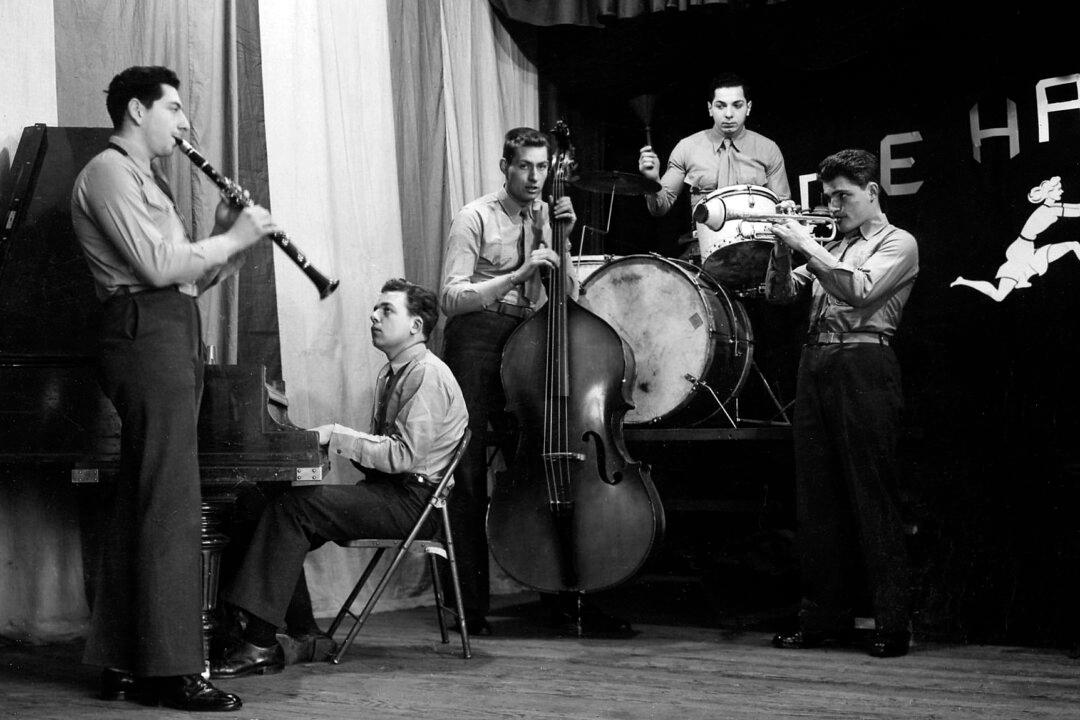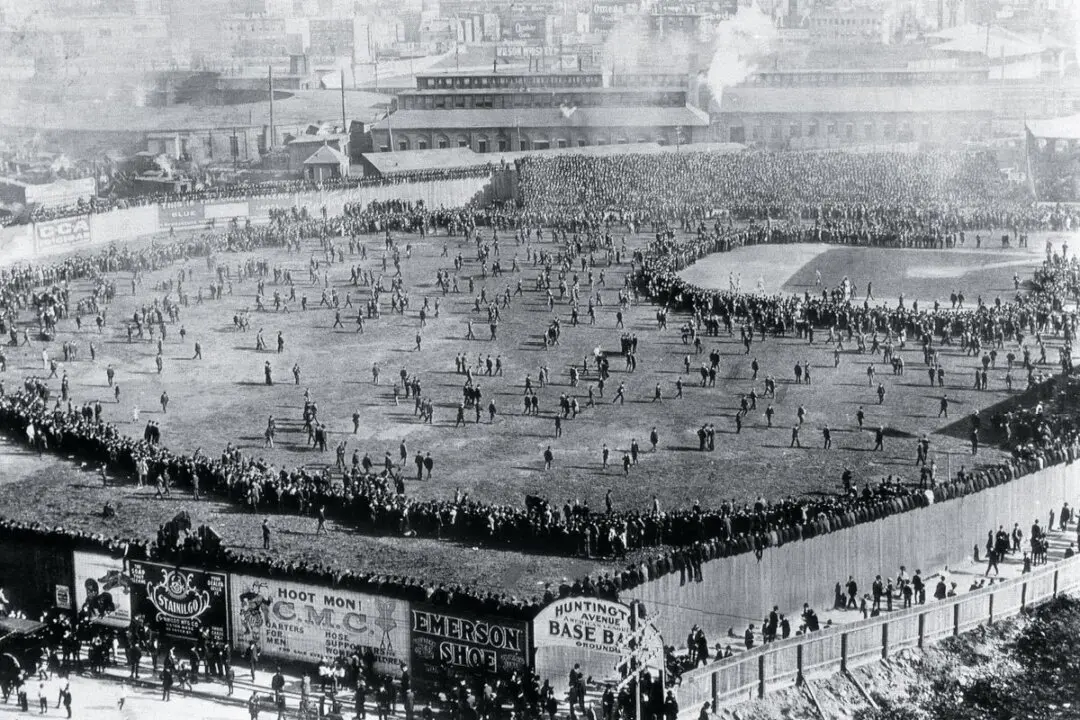On May 21, 1927, Charles A. Lindbergh completed the first non-stop solo flight across the Atlantic. Lindbergh flew 33 1/2 hours straight, covering 3,600 miles from Long Island to Paris. The wheels had hardly touched down in Paris before the world launched into a chorus of praise for the American pilot, and no form of praise more emphatically exalted the moment and the man than that of music.
Songwriters flew at the chance to assign tunes to Lindbergh’s accomplishment. When Lindbergh landed, the Parisians called him “Plucky Lindy.” Music composers L. Wolfe Gilbert and Abel Baer removed the “P” and named their soon-to-be-hit song “Lucky Lindy.” The tune was played in Manhattan nightclubs that very evening, and soon the song, the moniker, and the accompanying dance of the “Lindy Hop” swept the nation.






